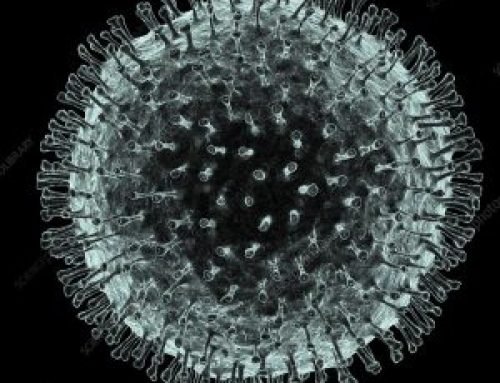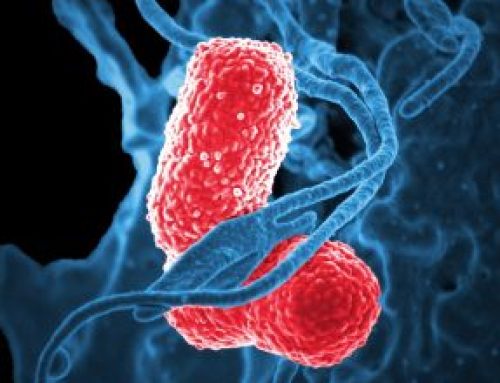During October and November 2018, certain private sector laboratories have reported an increase in Salmonella cases in KwaZulu-Natal Province. Salmonella was also the most likely cause of two recent foodborne disease outbreaks reported from eThekwini Municipality. Salmonella bacteria normally live in the guts of animals, including chicken, cattle, pigs and reptiles. People can become infected with Salmonella through eating contaminated food products such as meat, chicken, dairy and eggs. Less commonly, fruit and vegetables can become contaminated with Salmonella bacteria when coming in contact with manure, livestock or untreated water. Sometimes, a person can become infected after being in contact with someone who has diarrhoea. Infection with Salmonella leads to symptoms of fever, body aches and pains, nausea, abdominal cramps, diarrhoea and vomiting; these usually start 12-72 hours after being infected. Illness is usually self-limiting and resolves in a few days, but occasionally can be severe enough to require admission to hospital for rehydration and antibiotic treatment. Certain people are at higher risk of developing severe disease, including very young children, the elderly, and those with weak immune systems (including HIV). Salmonella illness is more common in spring and summer, when warmer weather and unrefrigerated foods create ideal conditions for the bacteria to grow.
The NICD is assisting the district and provincial health department outbreak response teams’ ongoing investigations. Teams are gathering additional information about the outbreaks and other reported cases, and also collecting food and environmental samples to investigate the source/s of the outbreaks. The NICD has received isolates from private and public laboratories, and is conducting additional tests to determine if the Salmonella bacteria isolated from ill people across the province are related. Health-promotion and food safety education is ongoing.
The public is encouraged to practice the World Health Organization’s Five keys to Safer Food, which include:
- Wash hands and surfaces before, and regularly during food preparation
- Separate raw and cooked food, and don’t mix utensils and surfaces when preparing food
- Cook food thoroughly – all bacteria are killed above 70oC
- Keep food at safe temperatures – either simmering hot, or in the fridge
- Use safe water and safe ingredients to prepare food.


